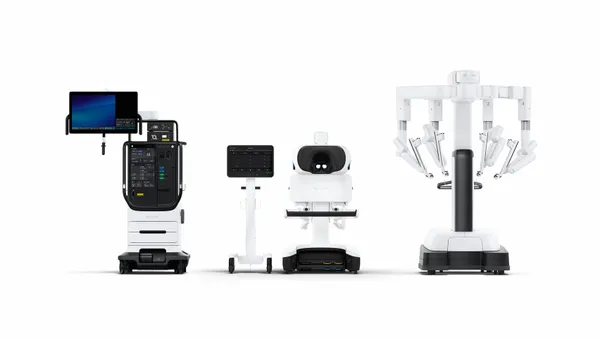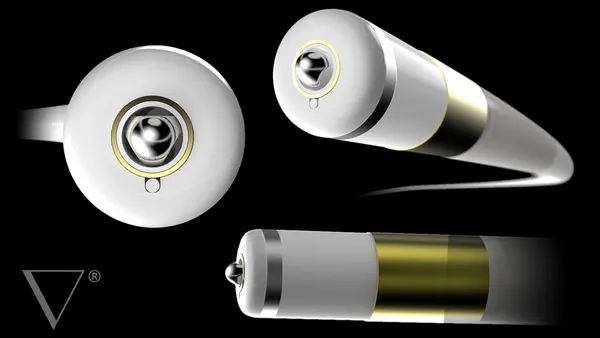Dive Brief:
-
FDA issued a Class I device recall notice this week regarding Medtronic’s HeartWare HVAD ventricular assist device.
-
In a notice published Monday, FDA shared details of an issue with the design of almost 5,500 of the devices. The design creates the potential for users to insert the battery charger adapter into the wrong port, causing damage that necessitates exchange of the controller.
-
Medtronic had received 36 complaints about the issue by mid-January, at which point the company predicted the issue's rate of occurrence would be 0.6%. In one case, the need to exchange the controller caused complications that led to a death. FDA did not give updated adverse event figures in its notice.
Dive Insight:
HeartWare HVAD is a pump that helps the left ventricle get blood around the body when it is unable to function effectively independently, for example in patients who have end-stage heart failure. The system comprises an implantable pump and a controller that manages the pump from outside of the body. Given the vulnerable nature of the patient population, the human cost of faults can be high.
Medtronic illustrated as much in January when it issued a field safety notice about the potential for mixups involving the battery charger adapter. The notice warned that one of the 36 complaints about the problem outlined a situation that escalated to the point that the patient died.
The AC adapters for the battery charger and controller look different. However, it is possible to insert the battery charger AC adapter into the controller port. If that happens, communication circuits in the controller could suffer damage, necessitating a controller exchange and the risks it entails.
“A Controller exchange could lead to patient harm due to pump stoppage. Temporary pump stoppage could lead to exacerbation of heart failure symptoms and/or symptoms related to hypoperfusion ranging from mild weakness to dizziness, anxiety, nausea, lightheaded/loss of consciousness, or death. The severity of harm is dependent on the patient’s cardiac status,” Medtronic wrote.
In categorizing the problem as a Class I event, FDA disclosed that 5,489 devices are affected by the issue, none of which are distributed in the U.S.
The FDA notice also pointed users of the device toward Medtronic materials intended to help reduce the risk of malfunction. Medtronic is advising healthcare professionals to instruct patients to carefully follow the section of the manual that discusses how to connect a power source. If a patient hears persistent, unexpected tones, they should contact their clinician for instructions.
Medtronic’s field notice also outlined plans to add a new warning to the patient manual. The warning tells users to only insert the supplied adapters into the controller, adding that using other cables may damage the device and necessitate its exchange.
The FDA recall, which was disclosed in two notices, is the latest in a series of regulatory notifications related to HeartWare. Since 2014, FDA has issued 14 Class I recall notices related to HeartWare, according to the agency's medical device recalls database












